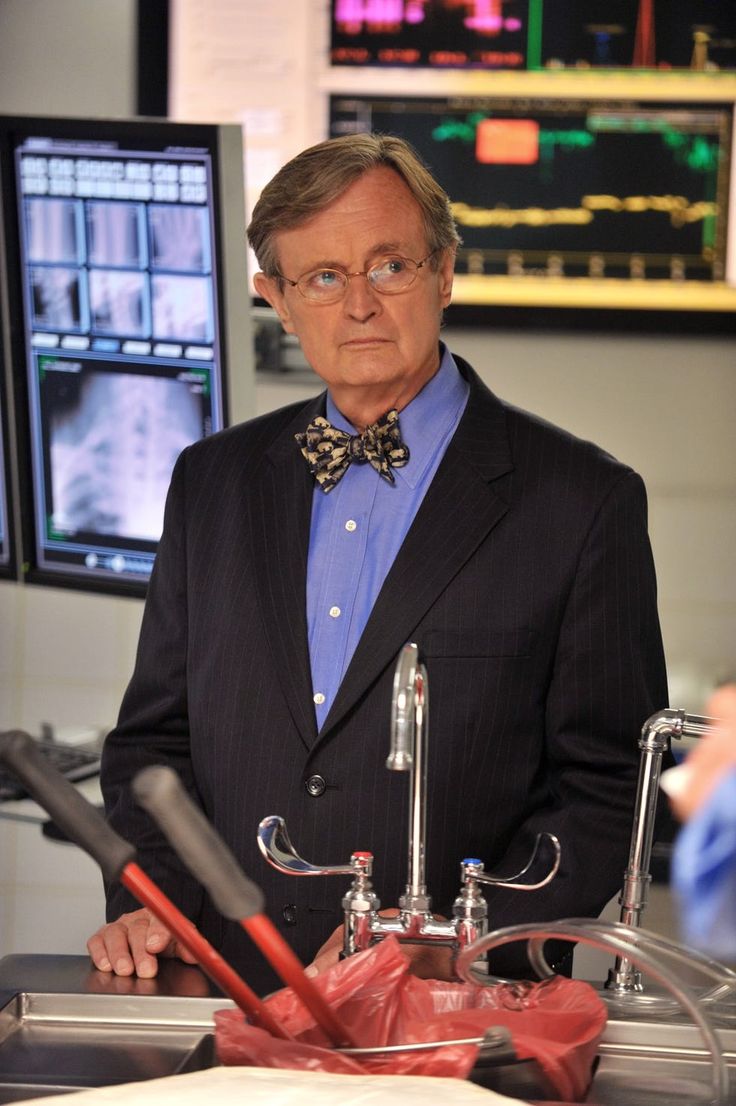
A group of tech experts have explained what makes a specific NCIS scene incredibly inaccurate. NCIS is a show that focuses on members of the Naval Criminal Investigative Service, a group that investigates crimes involving the U.S. Navy. The police procedural that was created by Donald P. Bellisario and Don McGill has continued since it premiered in September 2003. NCIS’ cast has featured notable actors like Mark Harmon, Sasha Alexander, Michael Weatherly, Pauley Perrette, Gary Cole, Lauren Holly, Rocky Carroll, and Jennifer Esposito. Now that NCIS season 23 will premiere soon, it makes sense to look back at the show’s history. Sadly, some aspects of the crime drama’s storytelling have fallen short.
The hosts of the Linus Tech Tips YouTube channel, Linus Sebastian and Luke Lafreniere, teamed up with Wendell Wilson from Level One Techs to judge TV tech scenes. During their video collaboration, the trio discussed a scene from NCIS, season 8, episode 13, “Freedom”. The scene featured a man discussing a woman’s computer and her gaming achievements with her.
As the clip begins, the man asks the woman whether her computer has a 12-core CPU. In response, the woman brags that the PC actually has a 16-core CPU with a 10 Mbps internet connection, or as she calls it, a “10-meg pipe.” In response to that dialogue, the experts then weighed in on how inaccurate the scene already was.“No One Talks Like That! NCIS Tech Scenes Exposed by Industry Experts”
When it comes to crime dramas, few shows have left as big a mark as NCIS. With its thrilling cases, lovable characters, and long-running success, it’s a staple of television. But behind all the high-stakes drama, there’s one group that’s not impressed—tech experts. According to them, the way NCIS portrays technology, hacking, and cybersecurity is not only unrealistic but downright laughable.
So why does a show as popular as NCIS get tech so wrong? Let’s break it down.
Why NCIS Tech Scenes Get Roasted
The Disconnect Between Hollywood and Reality
Hollywood loves drama, and NCIS is no exception. The problem? Real-world tech isn’t always flashy. Hackers don’t usually type at lightning speed with five screens flashing “ACCESS DENIED” in giant red letters. But on TV, that makes for good drama—even if it makes zero sense.
“No One Talks This Way”
This line has become the rallying cry for tech professionals watching NCIS. The jargon-filled dialogue often strings together random computer terms that sound smart but mean nothing. In real life, IT pros don’t say, “We need to reroute the encrypted firewall mainframe before the virus backdoors the subnet.” They’d say something simple like, “Let’s block that connection and patch the system.”
The Most Infamous NCIS Tech Fails
1. The Two-Person Keyboard Scene
One of the most mocked NCIS scenes ever shows two characters typing on the same keyboard at the same time to stop a cyberattack. Tech experts still joke about this moment because, realistically, it would only slow things down.
2. Zooming in on Pixels
NCIS often uses the old “enhance” trope, where blurry surveillance footage magically turns crystal clear. Tech insiders know that once an image is pixelated, you can’t just enhance it into HD perfection.
3. Hacking in Seconds
In NCIS, agents hack into classified government databases in under 30 seconds. In reality, even skilled hackers take hours, days, or weeks—and the risks are much higher.
4. Over-the-Top Computer Graphics
Every hack, virus, or threat comes with fancy, colorful graphics. Real hacking? It’s mostly lines of code, logs, and commands. Not nearly as fun to watch, but definitely more accurate.
Why Does Hollywood Keep Doing This?
Drama Over Accuracy
At the end of the day, NCIS is about storytelling, not education. Producers know that the average viewer doesn’t want to watch someone type in a terminal window for hours. They want flashing lights, tense music, and lots of shouting.
Audience Suspension of Disbelief
Most viewers aren’t cybersecurity professionals, so they let the inaccuracies slide. For them, the focus is on characters like Gibbs, McGee, and Abby, not whether the code makes sense.
What Real Experts Say
Hilarious or Harmful?
Some experts laugh it off as harmless TV drama. Others argue that it spreads misinformation about technology. For example, viewers might think hacking is easy—or that government agencies have magic tools that solve crimes instantly.
Abby’s Lab: Cool but Unrealistic
Fans love Abby’s quirky lab filled with cutting-edge gadgets. But real forensic labs don’t look like neon-lit theme parks. Experts say it’s fun to watch but nowhere near reality.
How NCIS Could Improve Tech Accuracy
Hire More Technical Advisors
Many shows, like Mr. Robot, gained respect by consulting real hackers and IT experts. If NCIS leaned on more tech advisors, its scenes could be both dramatic and realistic.
Balance Realism with Drama
No one’s asking for a one-hour episode of slow coding. But mixing in authentic terminology and showing the actual challenges of cybersecurity would make the show more credible.
The Bigger Picture: Tech in Pop Culture
Hollywood Loves Tech Clichés
From NCIS to CSI to countless movies, Hollywood has built a library of overused tech tropes: instant hacking, perfect surveillance, unstoppable viruses, and digital “countdown clocks.”
The Impact on Viewers
While most viewers shrug it off, some worry it builds unrealistic expectations. Imagine a jury influenced by TV thinking evidence should be “enhanced” to perfection—when real forensics doesn’t work that way.
Why Fans Still Love NCIS Despite the Flaws
Characters Over Code
Fans tune in for Gibbs’ rules, Abby’s energy, and the team’s chemistry—not for accurate hacking scripts. The emotional connections keep the audience hooked.
It’s Entertainment, Not a Documentary
At its core, NCIS is about storytelling. Just as medical dramas exaggerate surgeries, crime dramas exaggerate tech.

Conclusion
NCIS may never get tech completely right, and honestly, that’s okay. While experts continue to cringe at lines of nonsensical jargon and impossible hacks, the show’s massive fan base proves that storytelling often beats realism. Still, as cybersecurity becomes a bigger part of our lives, viewers can’t help but wonder—maybe it’s time Hollywood caught up with reality.
FAQs
1. Why do tech experts criticize NCIS so much?
Because the show often uses unrealistic jargon and impossible scenarios that don’t reflect how technology works in the real world.
2. Has NCIS ever hired real tech consultants?
Yes, but not to the extent of shows like Mr. Robot, which built its reputation on tech accuracy.
3. What’s the most infamous NCIS tech mistake?
The “two people typing on one keyboard” scene remains one of the most mocked moments in TV tech history.
4. Does tech inaccuracy hurt the show’s credibility?
Not really for casual viewers, but it does annoy industry professionals who notice every error.
5. Why does NCIS keep using fake tech terms?
Because flashy, fast-paced dialogue keeps casual viewers engaged—even if it drives real experts crazy.